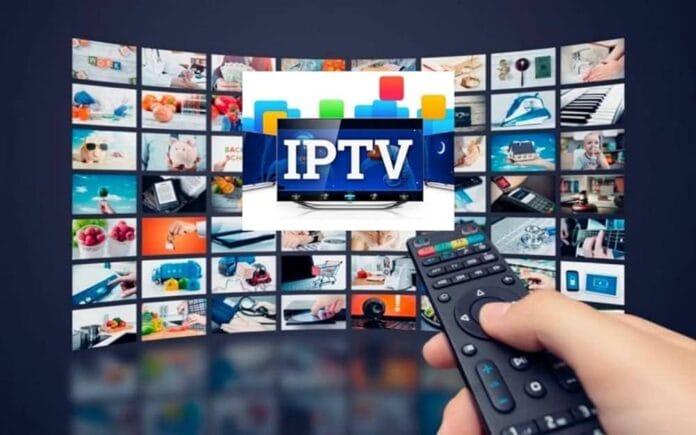In the digital world, streaming content is already the preferred way with which most people enjoy their favorite television shows and movies as well as live broadcasts. Now, this has been called IPTV or Internet Protocol Television, which now gives more options on how content may be delivered, thus eliminating traditional broadcasting mediums such as satellite or cable. This is an article on IPTV, from defining what IPTV is, how it works, the benefits, and the challenges to where IPTV would fit into the future of entertainment.
What is IPTV?
IPTV stands for Internet Protocol Television. It is a system that delivers the content of television through the internet rather than the usual ones, such as terrestrial, satellite, and cable television. It does not rely upon radio frequencies as it utilizes the internet for transferring data in the form of IP packets-this is how it originated as “Internet Protocol”.
IPTV can stream its content both in real-time and on demand. This changes the consumption model of television. It is much more flexible and personalized for programming as compared to cable or satellite television, as it lets viewers pick what they want to watch at any given time.
How IPTV Works
The primary difference between IPTV and broadcast television is the method of data transmission. In contrast to broadcasting, which sends content to the receiving set through either radio waves or fiber optic cables, IPTV transmits video as a stream of IP packets.
This renders the content live and viewable to observers. It is generic TV viewing, whereby programs are broadcast at the same time. A few examples of IPTV live streams include sports programs, news updates, and live programs.
VOD stands for viewing TV shows, movies, and other content from a library at any time viewers wish. This kind of service encompasses Netflix, Amazon Prime, and Hulu although strictly not in the category of the nomenclature as in the strictest and technical sense of the term.
IPTV FALCON
The IPTV form supplied can allow one to view programs that have already aired but not in the course of real-time transmission.
Benefits of IPTV
With IPTV, viewers can watch what they want, when they want, without being tied to TV schedules. They can pause, rewind, or fast-forward live TV or select programs from a library of on-demand content. This level of control over viewing experiences is impossible with traditional broadcasting methods.
Wide Range of Content
IPTV provides access to a broader range of content, including channels from different countries, specialized genres, and content that may not be available through cable or satellite services. This makes it ideal for expatriates or niche enthusiasts who want access to programming from other regions.
Cost-Effectiveness
Many IPTV services offer more affordable options than traditional cable or satellite TV, mainly because the infrastructure for often already exists (internet connections). Eliminating expensive equipment installations or maintenance fees can lower costs for users and providers.
Scalability
IPTV is highly scalable, making it suitable for both small local providers and large corporations. With the internet serving as its backbone, can deliver content to millions of users without the need for massive infrastructure upgrades, unlike traditional satellite and cable providers.
Interactivity
IPTV allows for a more interactive experience, where viewers can engage with content in unique ways. For example, voting on reality shows, participating in live polls, or accessing additional camera angles during sports events are all made possible through IPTV’s digital platform.
The Future of IPTV
Because the Internet infrastructure system is now improving on a global scale, IPTV can be considered a technology that is growing. The appearance of 5G technology will lead to faster internet connections, which are more reliable, while at the same time solving latency and buffering problems. This advancement will have an impact on the overall interest of both consumers and providers.
Conclusion
In sum, IPTV is the wave of media/entertainment consumption future trailblazer. IPTV differs significantly from such methods in providing users with more control and flexibility over their content, offering a more extensive range of channels to view via the internet. With challenges remaining, in particular on the bandwidth and legal side of things; it still has many advantages consumers deem useful.
Read Also: Peso Pluma Biography, Age, Height, Net Worth, and More

